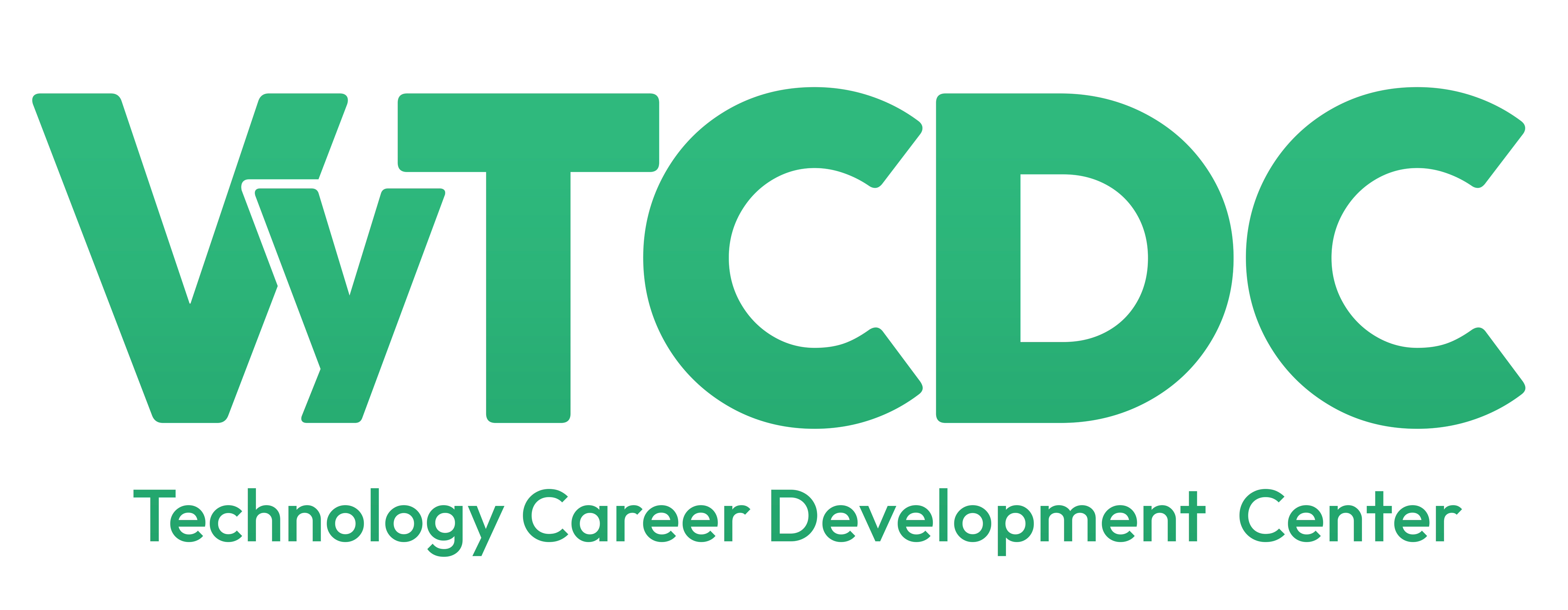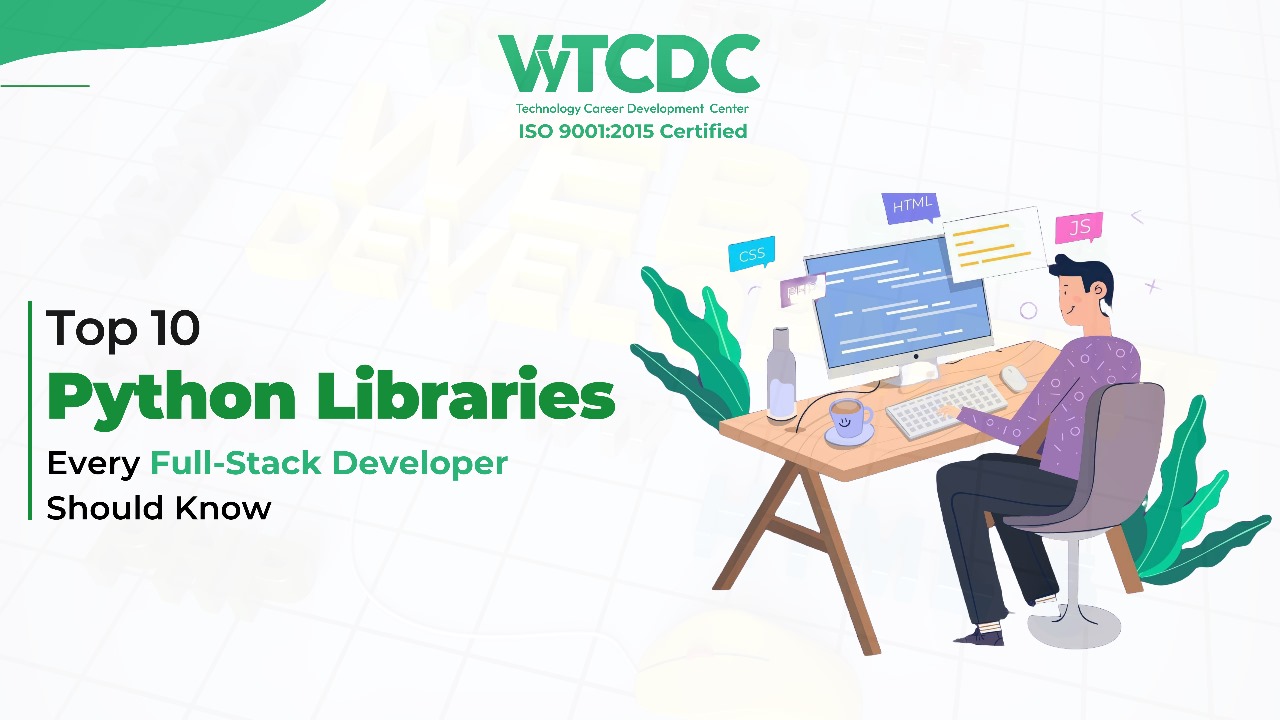As a Python Full Stack Developer (FSD), mastering Python libraries can dramatically enhance your productivity and versatility. Whether you’re building complex back-end systems or designing dynamic user interfaces, the proper libraries are game-changers. In this blog, we explore the top 10 Python libraries every full-stack developer should know, ensuring you have the tools to excel in a Python Full Stack Development Course or while working in the field.
- Django
Django is a high-level web framework that simplifies web development by promoting rapid development and clean design. With built-in support for routing, templating, ORM, and authentication, Django is perfect for developing robust back-end systems.
Why Use Django?
- Simplifies back-end development.
- Comes with built-in admin interfaces.
- Perfect for creating scalable and secure web apps.
- Flask
If Django feels too heavy for a project, Flask is your go-to library. Flask is lightweight, modular, and highly customizable, making it an excellent choice for microservices and small-to-medium web applications.
Key Features:
- Minimalist and flexible.
- Allows complete control over project architecture.
- Integrates well with front-end frameworks like React and Angular.
- SQLAlchemy
Handling databases can be tedious, but SQLAlchemy makes it easier. This Object Relational Mapper (ORM) lets you interact with databases in Pythonic ways while abstracting SQL queries.
Why Learn SQLAlchemy?
- Works seamlessly with Flask and Django.
- Provides a high level of customization for database schemas.
- Essential for full-stack development in Python.
- Pandas
While Pandas is often seen as a data analysis library, its ability to manipulate data makes it invaluable for back-end data management in Python Full Stack Development.
Features of Pandas:
- Handles complex data workflows with ease.
- Enables seamless data storage and retrieval for applications.
- Perfect for apps with heavy data processing needs.
- BeautifulSoup
For developers dealing with web scraping or integrating external data into applications, BeautifulSoup simplifies parsing HTML and XML documents.
Best Applications:
- Scraping data for blogs, e-commerce, or research.
- Automating tasks like form-filling or content monitoring.
- Requests
Requests make it simple to send HTTP/1.1 requests, such as GET, POST, PUT, and DELETE, without the hassle of manually building them.
Why Requests?
- It makes API integrations seamless.
- It is ideal for connecting your back end with external services.
- Celery
Celery is a distributed task queue library critical for building asynchronous workflows. Whether you’re processing data uploads or running long tasks, Celery enhances scalability.
Top Use Cases:
- Background job execution.
- Task scheduling in web applications.
- Pytest
Quality assurance is an essential aspect of full-stack development. Pytest is a versatile testing framework that simplifies writing and running test cases for your Python applications.
Advantages:
- Supports both simple and complex testing needs.
- Integrates with Django and Flask effortlessly.
9.FastAPI
FastAPI is a modern framework for building APIs with Python. It’s known for its high performance and straightforward syntax, and it leverages Python-type hints for better validation.
Key Benefits:
- Automatic OpenAPI documentation generation.
- Optimized for asynchronous programming.
- Perfect for creating microservices.
10.ReactPy
For those who want to unify Python development across front-end and back-end, ReactPy brings React’s paradigms into Python. It’s excellent for building interactive UIs directly with Python.
Why ReactPy?
- Ideal for Python-centric projects.
- Bridges the gap between Python and front-end development.
Final Thoughts
Whether you’re enrolling in a Python Full Stack Development Course or improving your toolkit for professional projects, these libraries cover everything from efficient back-end development to dynamic front-end interactions. Mastering these tools will elevate your expertise and make you a sought-after full-stack developer.
If you’re starting your journey or aiming to enhance your skills, explore these libraries as part of your learning path in any FSD Python course.
Established in 2002, VyTCDC has been vy ventures’ premier technology incubator since 2002. It offers transformative technical training and internships across its specialized entities.
Contact Us:
Phone
+917338811773
+918925903732
Email: careers@vytcdc.com






